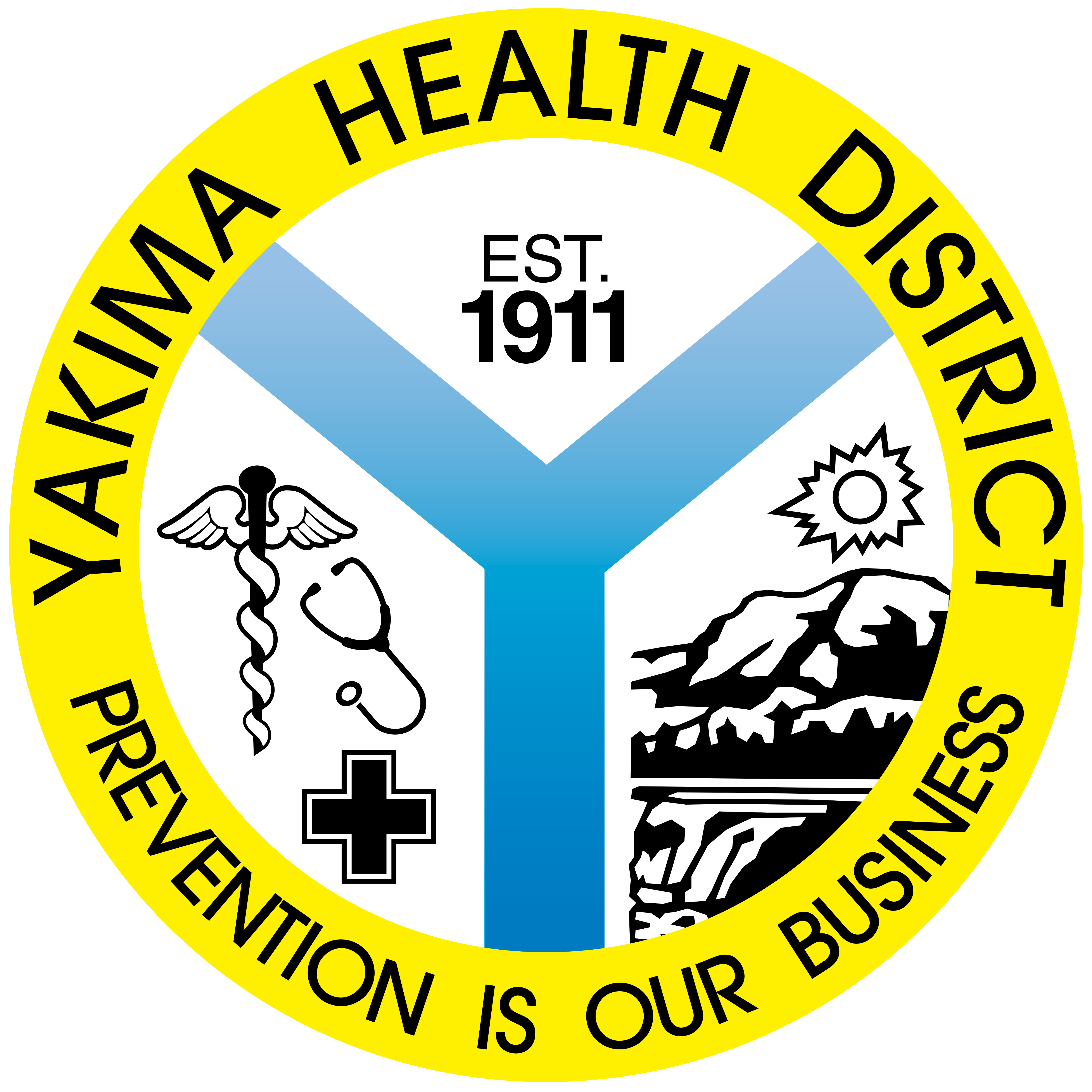
Washington state is experiencing a hepatitis A outbreak in multiple counties in people who are living homeless or who use drugs.
Requested actions
- Give hepatitis A vaccine to unvaccinated patients living homeless or using drugs.
- Suspect hepatitis A in patients with acute onset of jaundice, vomiting, anorexia and elevated liver function test results—especially those living homeless or using drugs.
- Perform serologic testing on suspect cases—hepatitis A IgM or acute hepatitis panel.
- Immediately report suspect cases to the reporting line at 800-535-5016 ext. 541.
Background
On July 30, Washington State Department of Health declared an outbreak of hepatitis A in multiple counties in people living homeless or using drugs. As of August 14, the outbreak includes 14 confirmed cases in 4 counties: 9 in Spokane, 3 in King, 1 in Snohomish and 1 in Pend Oreille.
Large hepatitis A outbreaks are occurring in other areas of the United States. Since outbreaks began in 2017, more than 23,000 cases and 233 deaths have occurred. Sixty percent of cases were hospitalized.
To stop the outbreak, it is critical to vaccinate people living homeless. The Advisory Committee on Immunization Practices (ACIP) recently recommended people living homeless receive routine hepatitis A immunization.1 One dose of vaccine effectively protects within 2 to 4 weeks. A second dose should be given 6 months later.
Overall, adult vaccination levels are low—only 16% of adults age 19 to 49 have received 2 doses of hepatitis A vaccine.2 Additionally, less than 23% of people age 20 to 59 have serologic evidence of immunity.3
Hepatitis A virus spreads through infected feces. The incubation period is 2 to 6 weeks. People typically become sick 3 to 4 weeks after exposure. People are contagious 14 days before onset of jaundice until 7 days after onset. Those who share living space or are close contacts of people living homeless or using drugs should receive post-exposure prophylaxis with vaccine or immune globulin.
Immediately report suspect cases to (253) 798-6410. This allows us to coordinate post-exposure prophylaxis for close contacts as soon as possible.
For High-Risk Populations
Use these fact sheets to communicate with people who are at high risk of getting hepatitis A.
For the Public
- Hepatitis A general information
- Learn about the hepatitis A vaccine
- Two page visual fact sheet (PDF) that includes information on hepatitis A prevention, transmission, symptoms and encourages multiple populations to get vaccinated
- Hepatitis A general FAQs for the Public (CDC)
1 Recommendations of the Advisory Committee on Immunization Practices for Use of Hepatitis A Vaccine for Persons Experiencing Homelessness. MMWR. Feb. 15, 2019. 68(6); 153–156.
2 2017 National Health Interview Survey.
